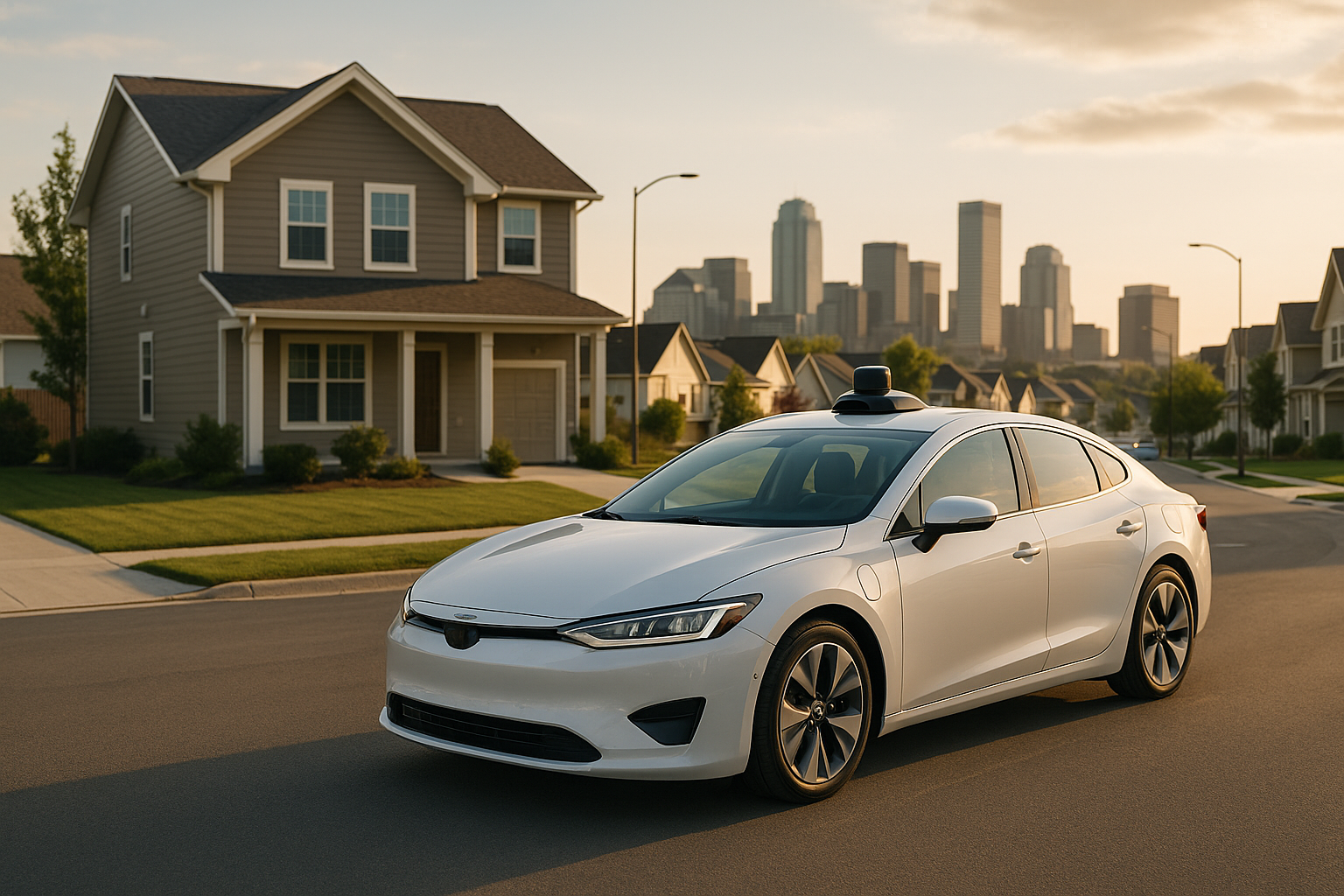Reshaping Real Estate: The Impact of Autonomous Vehicles
In any given metropolitan city, the real estate sector is often dictated by the old adage "location, location, location". But, what happens when location becomes less of a concern due to the advent of autonomous vehicles? Let's delve deeper into this unforeseen intersection of real estate and technology.

A Paradigm Shift in Real Estate
The concept of autonomous vehicles, or self-driving cars, isn’t exactly new. However, their potential impact on the real estate market is a topic that deserves more in-depth exploration. To understand this, we must first look at the history of transportation and its influence on real estate. From the creation of railway lines to the development of highways, each transportation advancement has significantly shaped the real estate landscape.
The Autonomous Vehicle Revolution
Fast forward to the 21st century, when autonomous vehicles (AVs) are poised to be the next major disruptor in transportation. With tech giants and auto manufacturers pouring billions into AV research and development, a future where self-driving cars dominate the roads is not as far-fetched as it once seemed. As AVs become more prevalent, they could potentially reshape housing demand, property values, and urban development strategies.
Potential Advantages and Challenges
The potential advantages of AVs in real estate are numerous. For one, they could make commuting easier and more efficient, potentially increasing the value of properties that are currently considered too far from city centers. This could lead to a shift in housing demand from urban to suburban or even rural areas. On the flip side, properties near public transit stations or in city centers might see their values decrease as the necessity for such locations diminishes.
However, this potential benefit also poses a significant challenge. As demand for properties in remote locations increases, there could be a surge in real estate speculation and an associated rise in property prices. This could potentially lead to affordability issues for some home buyers.
The Broader Impact of Autonomous Vehicles
The impact of AVs on real estate isn’t limited to residential properties. Commercial real estate could also be significantly affected. For instance, the need for large parking lots could decrease as AVs drop off passengers and move on to their next assignment. This could free up valuable land in urban areas, possibly leading to a boom in development opportunities.
A Future Driven by Innovation
The advent of autonomous vehicles presents a fascinating intersection of technology and real estate. While the full impact of this development is still uncertain, it’s clear that AVs have the potential to reshape the real estate market in profound ways. As we move towards a future increasingly driven by innovation, keeping abreast of such trends will be key for both real estate professionals and investors.




